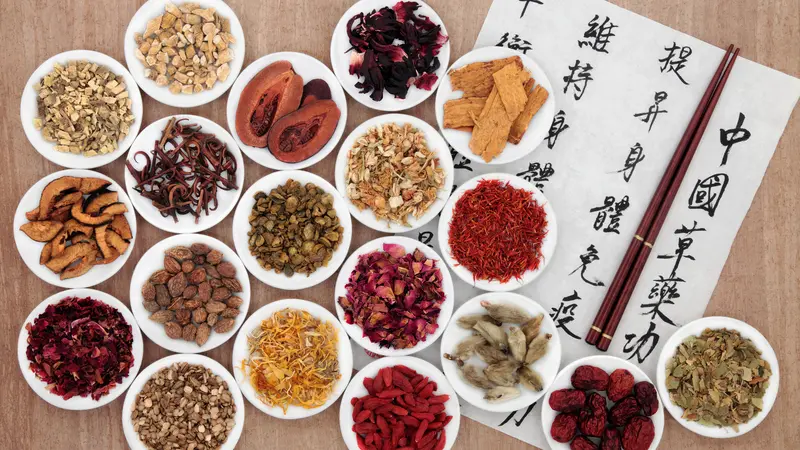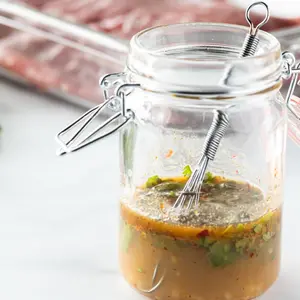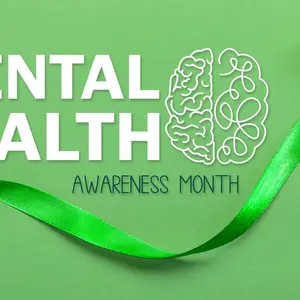

Traditional World Medicine

Traditional World Medicine
Which Emotions Affect Which Organs
We know that stress can exacerbate almost any symptom or disorder, but if we dig deeper and actually identify and move through specific emotions, they can provide us a roadmap back to health and balance.
Today’s Food as Medicine focuses on five specific emotions and how to move through them and while using food to recover from the damage they may have caused.
Emotions are considered the major internal causes of disease in Traditional Chinese Medicine (TCM).
A wide range of emotional activity is a regular part of day-to-day life and a natural internal, physiological response to stimuli from our external environment.
Within reasonable limits, emotions cause no disease or weakness in the body.
However, when emotions become so powerful that they become uncontrollable and overwhelming for a prolonged period, they can cause real injury to the internal organs and open the door to disease.
Traditional Chinese Medicine believes that excess, prolonged emotional activity can cause blockages in our meridian system, which is a system in TCM that explains the path through which life-energy or “qi” flows.
Once an intense, uncomfortable emotion is moved through, the “root cause” is removed, but there can still be physical effects it leaves in its wake that require repair. That’s where the food as medicine comes in.
5 Emotions That Affect Your Organs
1: ANGER
Anger affects the liver more than any other organ.
Symptoms to look for:
- Headaches
- Itchy skin
- Skin conditions
- Easily irritated
- Sluggish
- Low energy
In a 2007 entry in the journal Psychosomatics, Virginia researchers examined anger among Hepatitis C patients and found patients experienced moderate anger during treatment, and that increased anger lowered quality of life.
Before the Food
We must find healthy outlets to deal with the stress and emotions of life. Suppressed anger does damage and eventually turns into depression so find healthy ways to get it out of your body.
Scream in your car at the top of your lungs or into your pillow, punch your pillow, write it out and then burn it or tear it up.
Foods that Support the Liver
- Dandelion greens
- Swiss chard
- Grass-fed beef liver or supplementing with desiccated liver
- Castor oil packs (This is a very old video, but one I like that shows you how to do a castor oil pack)
2: GRIEF
Grief is stored in the lungs and when prolonged, can result in:
- Tightness in chest
- Recurring bronchitis
- Asthma
- Pain in the chest shoulder and back
- Cough
- Dry mouth and throat
- Hoarseness
- Weight loss
Before the Food
Talk to a therapist and caring friends. Heavy loads need to be shared. Write it out; cry it out, allow yourself to “be” with sadness versus stuffing it or ignoring it. Giving it space will eventually help it dissipate.
Foods that Support the Lungs
- Organic apples
- Lotus root (Found at Asian markets, these are delicious sliced and fried in coconut oil. They taste like potatoes.)
- Grapefruit
- Kiwi
“A British study found that even after controlling for other factors, people who reported eating two to five apples a week had a 32% lower risk of asthma than people who ate less.”
New research by British scientists at the Division of Respiratory Medicine, University of Nottingham, shows that vitamin C protects the lungs. Kiwis are extremely high in vitamin C.
3: WORRY
The stomach shoulders the long-term effects of worry, weakening digestive fire. This lowers hydrochloric acid production and can cause bloating, gas, and changes in bowel habits while thinning the gut lining.
Before the Food
Worrying is praying for things we don’t want, so develop a way to focus on positive outcomes instead of negative ones. I love the Rumi quote “Live life as if everything is rigged in your favor.”
Feed what you do want, and eventually, you’ll train yourself naturally think that way.
The emotional freedom technique is an effective method in changing and releasing ingrained thought patterns.
Foods that Support the Stomach
- Apple cider vinegar
- Ginger root
- Okra
- Nopal cactus (easily found in Mexican markets)
4: STRESS
Stress makes everything worse, but it really targets the heart and brain, leading to anxiety disorders, heart palpitations, insomnia, muscle cramps, and brain fog.
Before the Food
Learn new methods of breath work (deep breathing works wonders!), do short daily meditations, take up running, jogging, or hot vinyasa/flow yoga to release excess energy, so it doesn’t continue to circulate unproductively throughout your body.
Foods that Support the Heart and Brain
- High magnesium foods like raw green pumpkin seeds, sunflower seeds, and cashews support our nervous system
- Choline/Inositol found in egg yolks helps replenish the chemical messengers in the brain called neurotransmitters
- Green tea contains a calming amino acid called l-theanine brain to calm excitatory neurotransmitters
5: FEAR
Fear lives in the kidneys and can manifest as chronic adrenal fatigue with the never-ending tired-but-wired feeling, frequent urination, urinary tract infections, back pain, and insomnia due to the inability to “let go” from not feeling safe.
Before the Food
Breathwork can work wonders when in a fear-based state. Also using nature as your co-pilot is very helpful. Walk outside barefoot on the grass or beach grounding and visualize yourself giving fear back to the earth so it can transmute it into love. Practice slow, deep relaxing stretches like yin yoga or restorative yoga.
Foods that Support the Kidneys
- Cabbage (mitochondrial production for cells)
- Parsley
- Strawberries
Does this information resonate with you? Which emotions are you currently working to move through and what have been the best tools for you?
This article is reprinted with permission from the author, Christa Orecchio, CN, HHC, and first appeared in The Whole Journey.


 By
By






